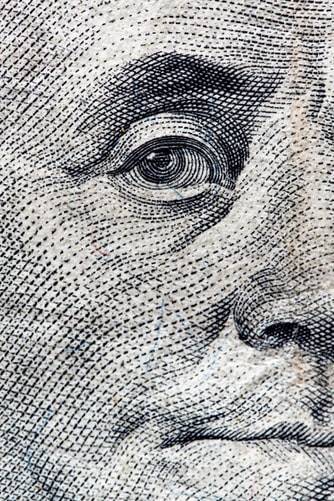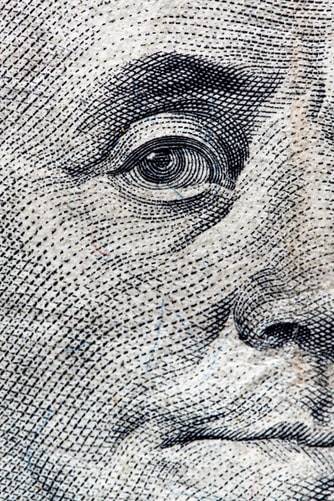Banks have adhered to Circular No. 161 regarding the payment of withdrawals or deposits in US dollars; however, they have not complied with the second part concerning meeting the needs of depositors in Lebanese lira based on their requests after filling out a special form at the bank. The banks, which have ceased to provide depositors with the cash they need in Lebanese lira and have reduced the monthly withdrawal limits, have created a shortage crisis in the Lebanese lira, consequently leading to a decrease in its value through checks and credit cards, confirming the theory of "beera" for the deposits they hold.
The value of checks or withdrawals via credit cards has declined by 20%, and cash liquidity has become unavailable, prompting supermarket owners to refrain from accepting bank cards, thus exacerbating the scarcity of the Lebanese lira, even among money changers who have begun to hesitate in dispensing the collapsing national currency. This situation prompted the Central Bank of Lebanon to issue a statement yesterday reminding banks that they "can obtain cash Lebanese lira by selling US dollar banknotes at the 'Sayrafa' exchange rate with the Central Bank. Therefore, they can meet the needs of their depositors in Lebanese lira without adhering to the quota granted to them by the Central Bank." It emphasized that banks should not reduce withdrawal ceilings for their customers monthly in cash Lebanese lira as long as they have the capacity through obtaining liquidity in Lebanese lira via Sayrafa. The banking control committee will also conduct field checks on the liquidity situation at banks.
This measure will provide liquidity in the market, which has become "thirsty" for the Lebanese lira amid rising electricity bills and prices in supermarkets that have not decreased as they should in relation to the decline of the dollar, along with rising fuel prices coinciding with the Ukrainian war. Economic expert Walid Abu Suleiman explained to "Nidaa Al-Watan" that the Central Bank had withdrawn around 5.2 trillion Lebanese lira from the market, leading to a market dried of lira and banks ceasing to pay the national currency to meet citizens' demands, tightening the noose around the consumer sector due to merchants refusing to accept bank cards, which forced the Central Bank to urge banks to provide themselves with Lebanese lira and obtain it by converting dollars.
He noted that "injecting Lebanese lira back into the market and reducing the supply of green currency in the markets could put the dollar back on an upward path in the black market." In this context, Saeb Al-Zein, an executive director at global banks, pointed out to "Nidaa Al-Watan" that "introducing the Lebanese lira with momentum in the market will inevitably increase the already high inflation, knowing that the dollar exchange rate at 'Sayrafa' is artificial and supported by depositors' funds." He described the financial and economic situation as "bad and worsening," pointing out that "the proposed solutions are merely patchwork, in light of the failure to initiate reforms in preparation for the return of the economy to its normal cycle."




